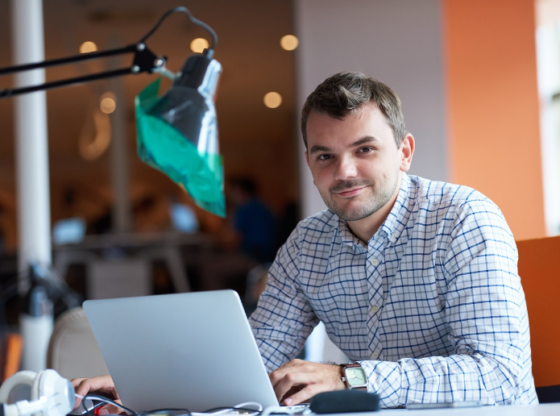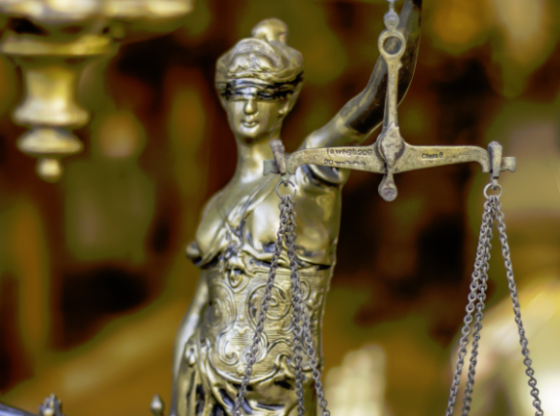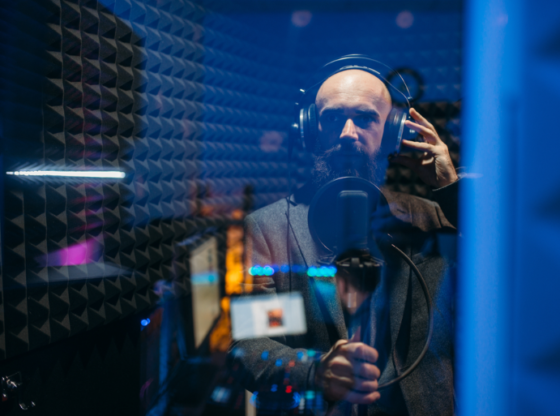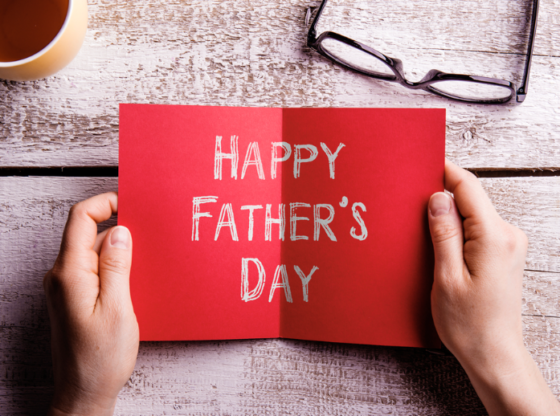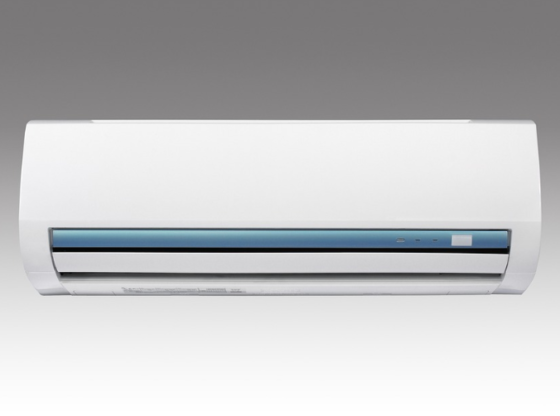San Francisco Giants CEO and President Larry Baer is happy to get back to the business of baseball. The 2022 MLB season was increasingly looking dead on arrival with a 99-day lockout, but the owners and the Major League Baseball Players Association agreed to a new collective bargaining agreement (CBA) and finally, spring training is underway.
Larry Baer has seen the two longest work stoppages in Major League history. This most recent version wasn’t as drastic as the 1994-95 strike, but it still caused some pain and anguish for the Giants CEO.
“I’ve got to say, this has been, personally, a very painful period. It’s been tough on a lot of levels,” says Baer.
San Francisco runs its organization with a family-like atmosphere. Baer admits not being able to communicate with the players was the hardest part of the ordeal. The Giants front office has close relationships with the team.
The lockout had all MLB transactions and communications frozen. The Giants were able to get some deals done before the lockout, but everything came to a screeching halt on Dec. 1.
The new CBA meant the resumption of league activities. It included a universal designated hitter, a draft lottery, an increased minimum salary, and a reformed luxury tax. Postseason teams increased from 10 to 12. That’ll mean more relevant baseball in more cities for a longer part of the year.
Major League teams will get a full season in. Opening Day is April 7. The first pitch goes out on April 8 for Larry Baer and the San Francisco Giants when they host the Florida Marlins at Oracle Park.
The Giants’ front office has big shoes to fill after catcher Buster Posey’s retirement. The seven-time All-Star and three-time World Series champion was the linchpin that kept it all together. He played his entire 12-year career with the club. He sold his Lafayette, California, home and is off to his native Georgia for a little rest and relaxation.
Larry Baer and company will honor Posey with Buster Posey Day at Oracle Park in early May.
The SF Giants CEO also lost Kris Bryant, the 30-year-old third baseman they’d acquired from the Chicago Cubs during the middle of last season, in free agency.
The top two prospects are catcher Joey Bart and infielder Marco Luciano. They’ll be counted on heavily over the next few seasons.
The Giants are still building out their rotation. Anthony DeSclafani signed a three-year contract to return to the team in November; Alex Wood is also back on a new contract. They signed Alex Cobb before the lockout began.
Left-handed pitcher Carlos Rodón is now a member of the Giants after signing a two-year contract worth $44 million. San Fran agreed to terms with right-handed pitcher Jakob Junis.
Giants CEO Larry Baer and his front office staff are hoping for the signing of first baseman Darin Ruf to pay off. They extended him and plan for him to be a big piece of the offense this year.
If the lockout would have bled into the season and cost the MLB games, irreparable damage could have been done. Many fans were angry as public sentiment grew cold concerning the possibility of missed games, and SF Giants CEO Larry Baer says he understands.
“If fans were upset with the owners, so be it. I can empathize,” he says. “We’re trying to come out of a pandemic. There was a lockout when omicron was hitting. I think we have empathy for it and it’s certainly forgiven if fans were upset with either party or everyone.”
There was talk that the owners didn’t care about missing games in April because April doesn’t typically generate much box-office revenue. Baer wants to dispel that notion.
“I can’t speak for every owner,” Baer explains. “I can speak for the Giants. That was a very painful thing. The notion of missing one game in April, let alone many games in the month. We were never in that mode at all. Our fans, we feel we have almost a fiduciary responsibility and trust with the fans.”
Larry Baer joined the Giants in 1992 and took over as Giants CEO and president in 2012, so of course, he understands the business of baseball. However, his personal belief is that baseball is more than business.
“The way we’ve approached it is — this is a civic asset,” Baer says. “Obviously it’s also a business, so we have to be able to hit bottom lines and things, but we don’t approach things from a financial standpoint as the driver for the complete measure of success. Our focus is delivering quality, championship baseball as much as possible and being involved in the community.”



